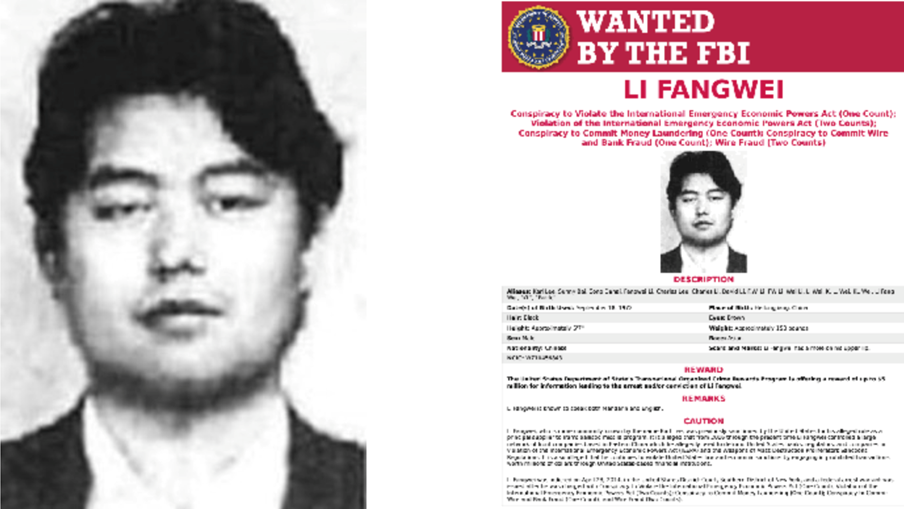The U.S. State Department added restrictions on 22 individuals and entities supporting proliferation activities in Iran, North Korea and Syria.
Under the Iran, North Korea and Syria Nonproliferation Act (INKSNA) signed in 2000, U.S. government agencies are prohibited from procuring goods or services from the listed entities, nor are the entities eligible for any U.S. government assistance. The listing also prohibits the granting of licenses for export-controlled items, and it bars U.S. government sales of any item on the Munitions List.
The new restrictions, effective as of May 14, remain in place for two years, according to a notice published in Wednesday’s Federal Register. The State Department has struggled to comply with statutory reporting requirements under INKSNA, but U.S. agencies have nevertheless enforced the law, according to a September 2017 report by the Government Accountability Office, a Congressional watchdog.
Nearly all of those added Wednesday to the list have already been sanctioned by the U.S., according to a review by Kharon.
Among them was Li Fangwei, who has been sanctioned by the U.S. multiple times. He was designated by the U.S. Treasury Department in 2009 for providing material support to Iran’s missile program, and a company he managed was sanctioned in 2006 for selling graphite to entities involved in the missile program.
Li was first listed by the State Department under the INKSNA authorities in July 2016, based on Li’s technology transfers to Iran’s missile program. The State Department renewed its listing in March 2017. The State Department also re-listed Sinotech (Dalian) Carbon and Graphite Corp. (SCGC), a company Li managed that was sanctioned by the Treasury in 2014.
